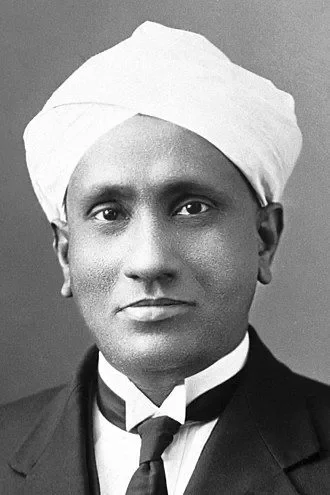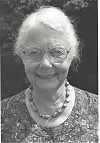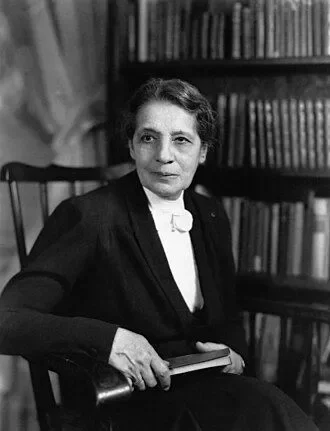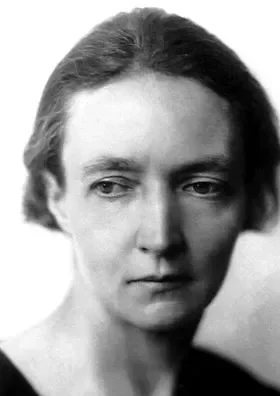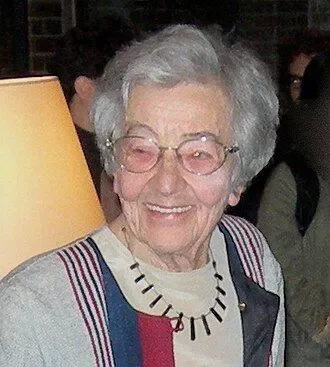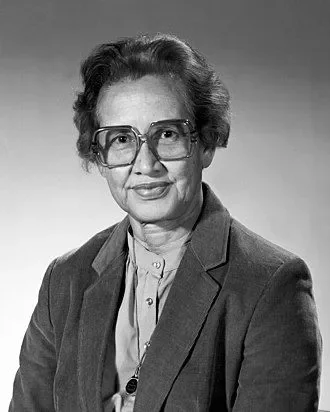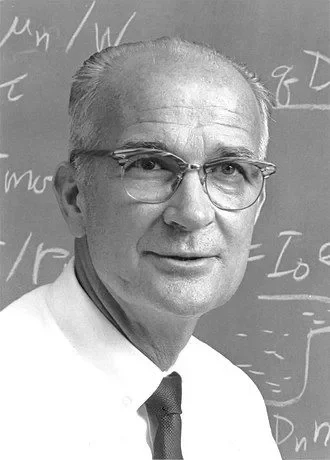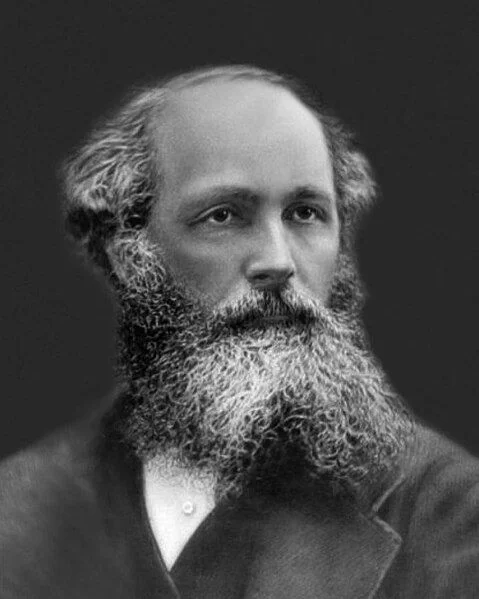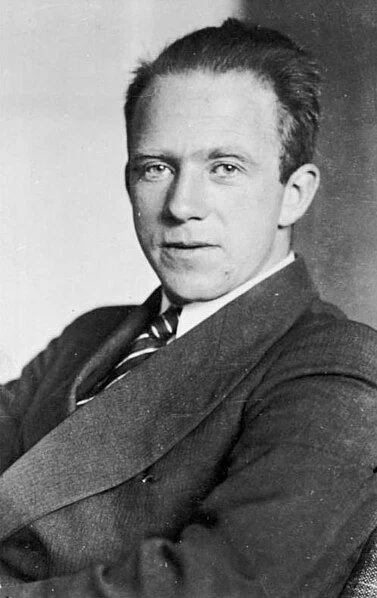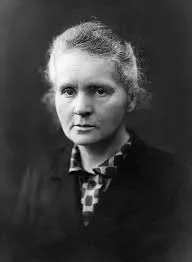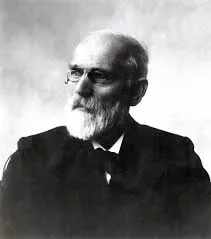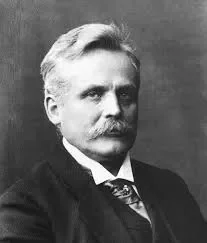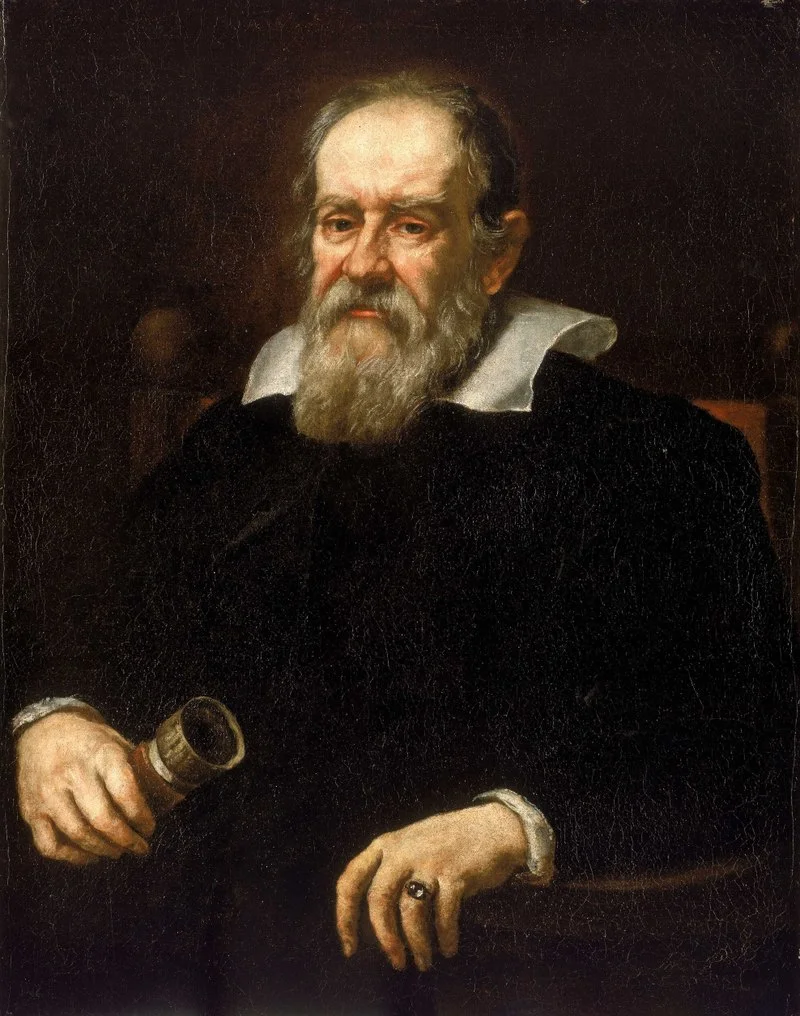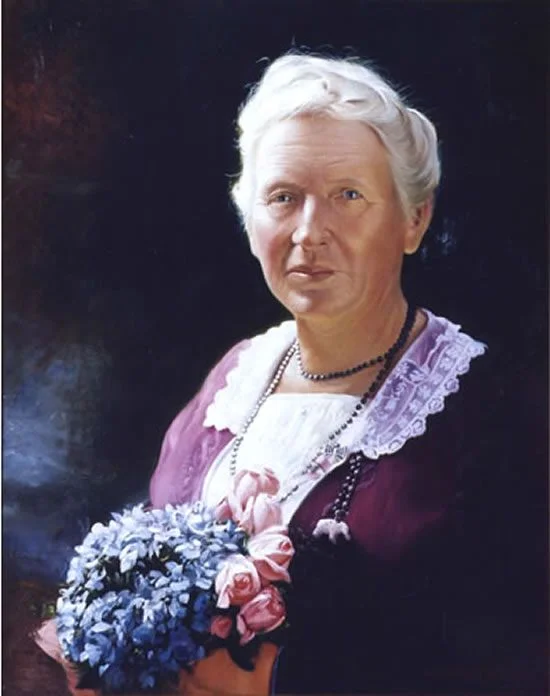Real Celebrities Never Die!
OR
Search For Past Celebrities Whose Birthday You Share
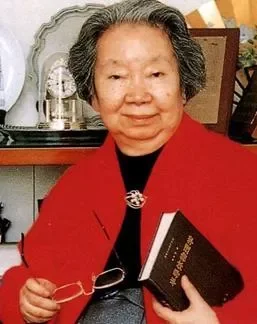
sourceL:wikimedia.org
Xie Xide
Birthday:
19 Mar, 1921
Date of Death:
04 Mar, 2000
Cause of death:
Breast cancer
Nationality:
Chinese
Famous As:
Educator
Age at the time of death:
78
Xie Xide's Quote's
Early Life and Education
Xie Xide (b. March 19, 1921, Quanzhou, Fujian Province, China) was a distinguished Chinese physicist whose work significantly impacted solid-state physics and Chinese higher education. Her life shows perseverance, brilliance, and dedication to science and education.
Xie’s father, Xie Yuming, a physicist holding a Ph.D. from the University of Chicago, came from an education-focused family. Xie’s academic success began at Yenching Elementary School in her hometown of Beijing. Her early life was defined by a strong interest in math and science.
Challenges like the Second Sino-Japanese War and bone tuberculosis couldn’t break Xie’s determination. In 1942, she began her studies at Xiamen University, completing her physics and mathematics degree in 1946.
Academic Journey Abroad
Xie’s exceptional academic performance earned her a scholarship to study at Smith College in the United States. In 1949, she earned a master’s degree in physics, followed by a Ph.D. in theoretical physics from MIT in 1951.
Personal Life
Xie wed Cao Tianqin, a scientist she’d known since school, in 1952. Cao and his partner’s relationship, based on mutual respect and shared interests, continued until his passing in 1995. A son was born to the couple in the year 1956.
Professional Career and Achievements
Returning to China in 1952, Xie began her career at Fudan University in Shanghai. She quickly rose through the ranks, becoming a professor of physics in 1962. Her research was on solid-state physics, semiconductor physics, and surface physics.
Xie faced many challenges in his career. She endured persecution and forced hard labor during the Cultural Revolution. Still, she showed resilience, and in 1978, she resumed her work with renewed energy.
Contributions to Science and Education
Xie’s most significant contributions include:
- Founding the Institute of Modern Physics at Fudan University in 1977.
- Co-authoring “Semiconductor Physics,” a widely used textbook in China.
- Establishing eight research laboratories in surface physics.
- Serving as the first female president of a major comprehensive university in China (Fudan University, 1983-1988).
- Founding the Center for American Studies at Fudan University in 1985.
.
Legacy and Impact
Xie Xide’s contributions to Chinese science and education are beyond measure. She opened doors for women in science and academic leadership. Her promotion of academic ties, particularly between China and the U.S., greatly advanced China’s scientific growth.
Even while fighting cancer for over 30 years, Xie dedicated herself to her work until her passing. She passed away on March 4, 2000, in Shanghai, leaving behind a legacy of scientific achievement and educational reform.
Xie’s life shows how perseverance and education can help you succeed. Her contributions continue to inspire generations of scientists and educators in China and beyond.
Name:
Xie Xide
Popular Name:
Xie Xide
Gender:
Female
Cause of Death:
Breast cancer
Spouse:
Place of Birth:
Quanzhou, Fujian Province, China
Place of Death:
Shanghai, China
Occupation / Profession:
Personality Type
Architect: Imaginative and strategic thinkers, with a plan for everything. Xie’s strategic vision in founding institutes, analytical focus on semiconductors, and persistent leadership despite adversity suggest a personality driven by intellect and foresight.
Cared for her paralyzed husband for eight years while battling cancer herself.
Detained in the U.S. during the Korean War but married in the UK to return to China.
Donated her body to medical research after death
Survived bone tuberculosis as a teen, teaching herself physics while bedridden.
Co-authored Semiconductor Physics, a widely used textbook in China.
Elected to the Chinese Academy of Sciences in 1980.
Founded the Modern Physics Institute at Fudan University in 1977.
Received 12 honorary doctorates from universities worldwide, including Smith College (1981).
Won the Ho Leung Ho Lee Award for Physics in 1997.

